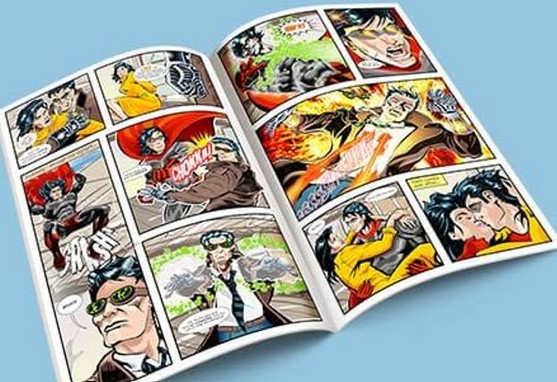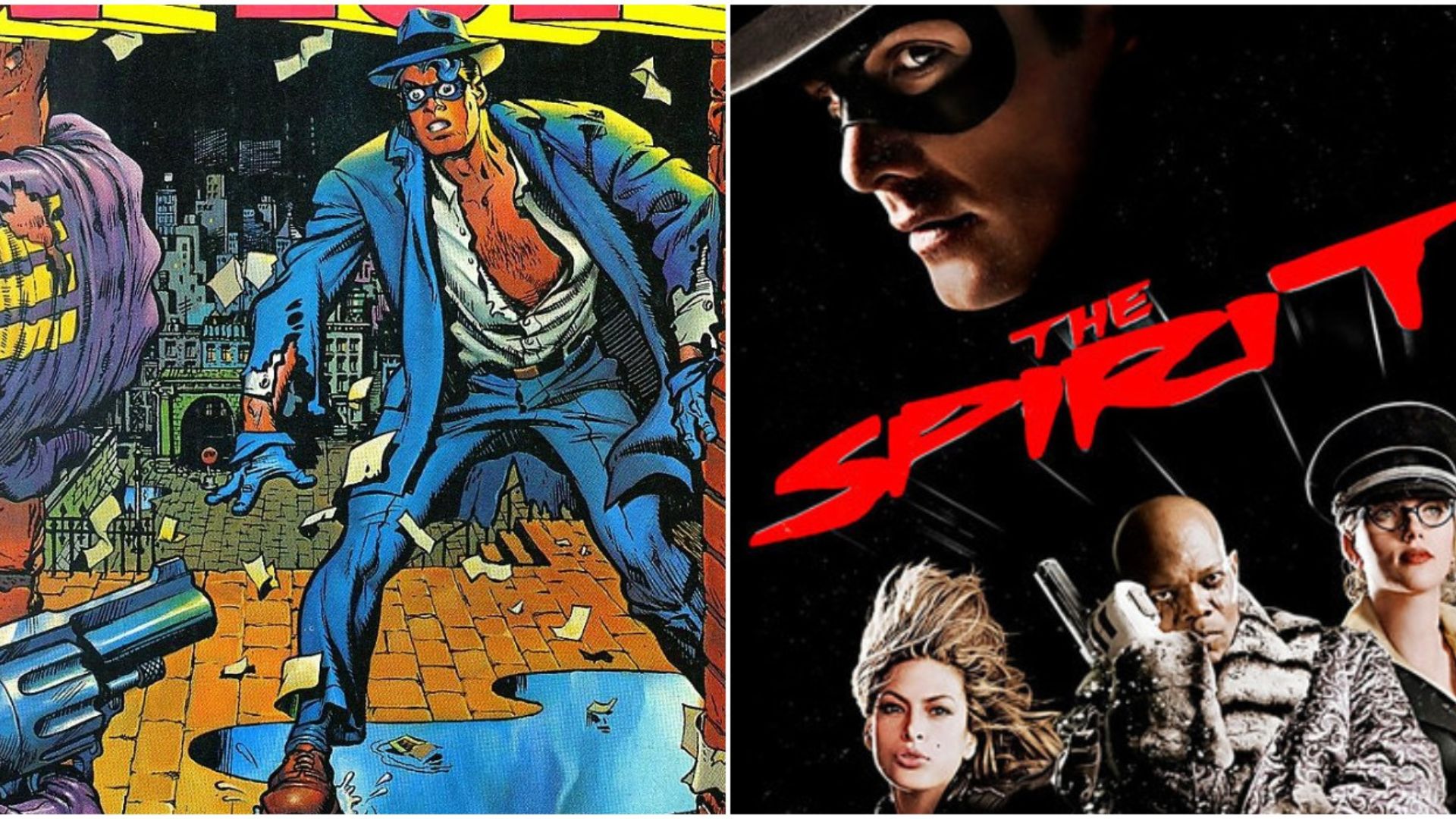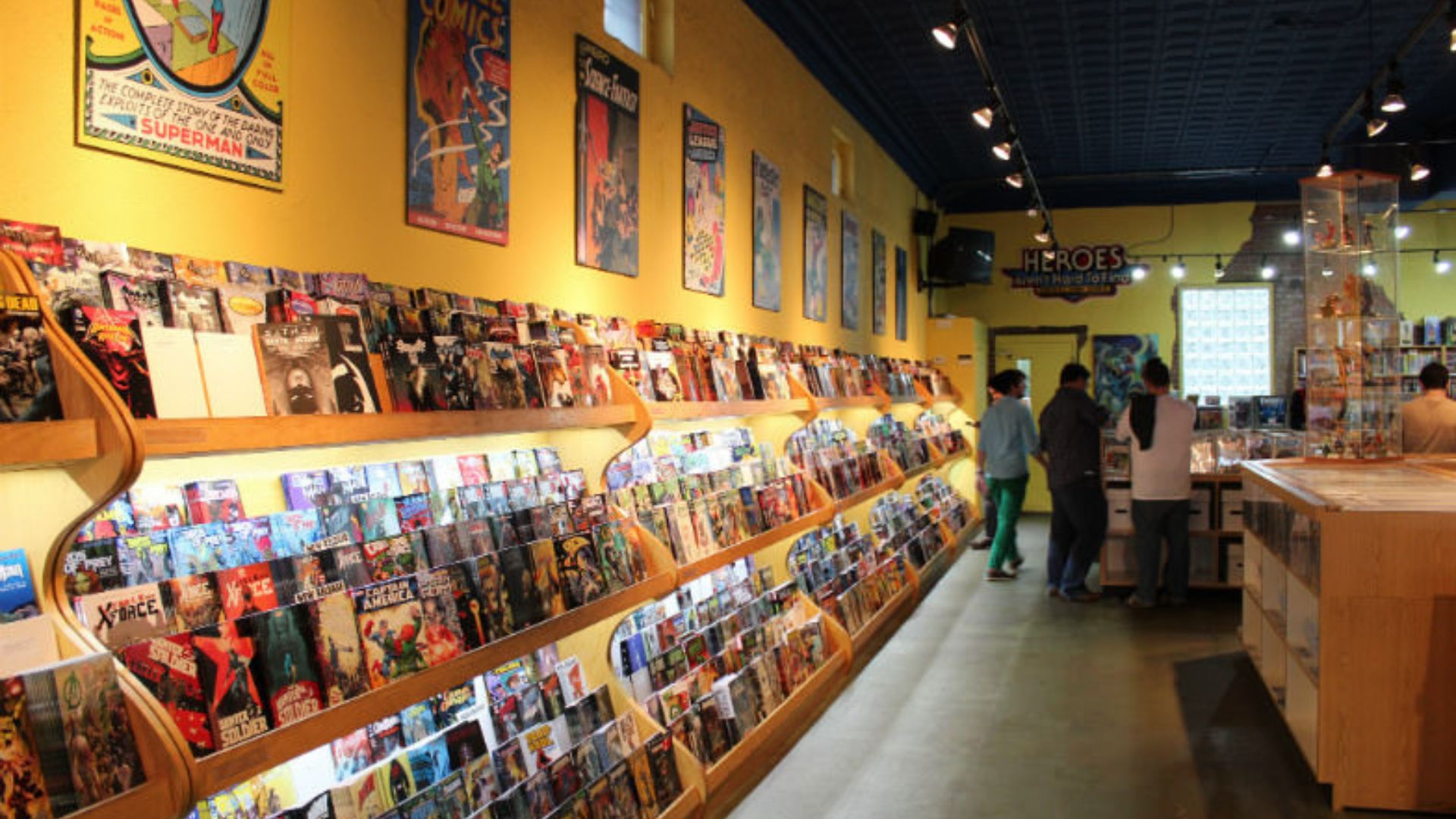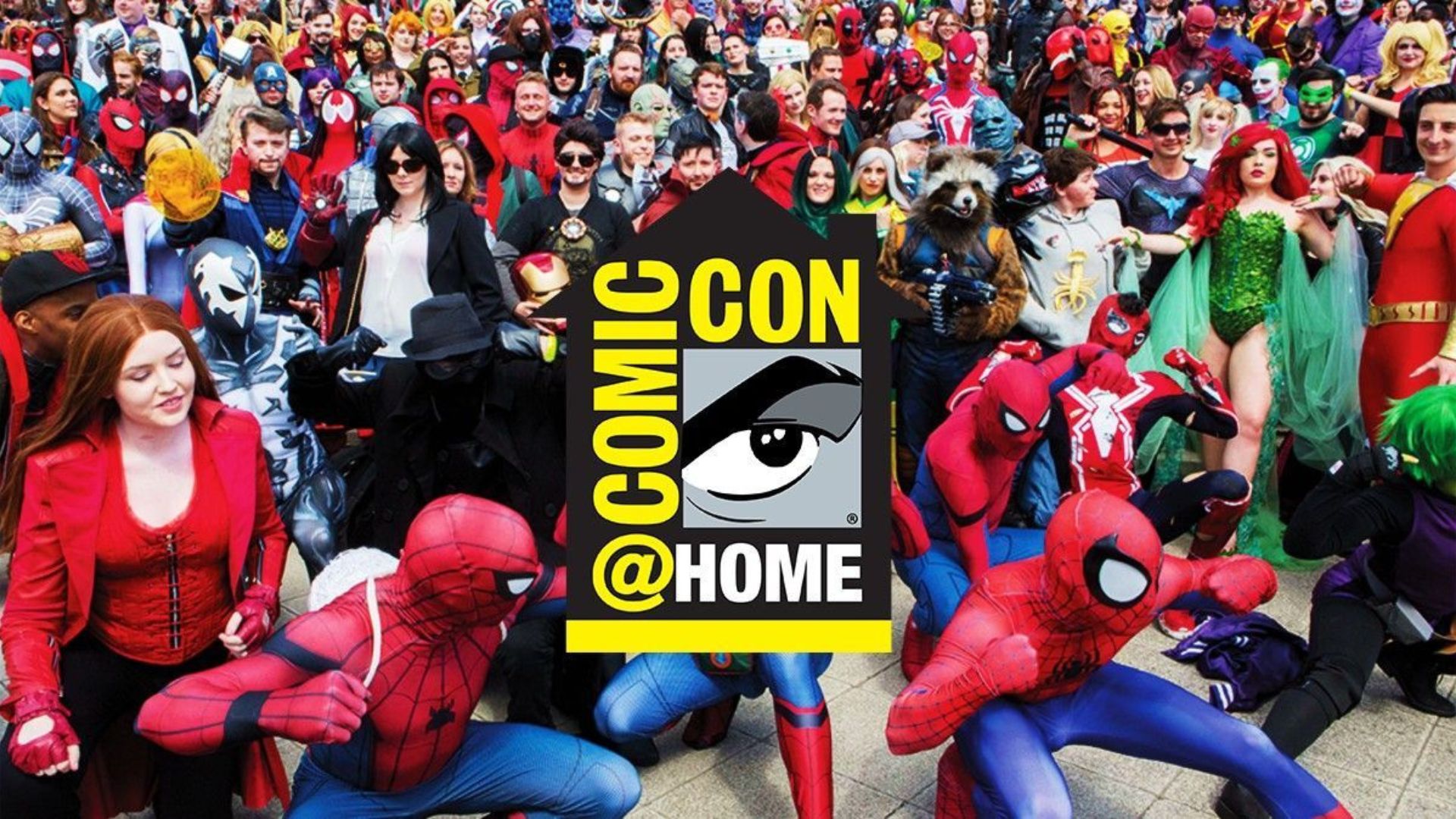Superhero comic books have shaped popular culture in ways that go far beyond the pages of the comics themselves. From the early days of Superman and Batman to the blockbuster Marvel and DC movies of today, superhero stories have become a significant part of modern entertainment. These comics have not only influenced the world of media but also left a lasting mark on societal values, ideals, and even personal identity. This post explores how superhero comic books have impacted culture throughout history.
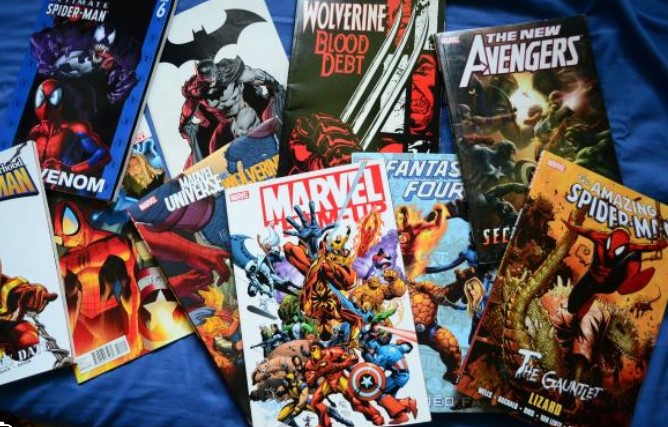
Superheroes as Cultural Icons
Superheroes have evolved into cultural icons, representing much more than just fictional characters. Figures like Superman and Wonder Woman embody justice, freedom, and the fight for good against evil. These characters became symbols of hope during times of crisis, like World War II, where superheroes were used to boost morale and inspire bravery. Over the decades, superhero comic books have continued to evolve, reflecting society’s changing values. Today, they address issues like mental health, social justice, and equality, making superheroes more relatable globally.
The Influence on Movies and Television
Superhero comic books have dramatically influenced modern cinema and television. The rise of superhero movies, particularly from Marvel and DC, has created a new genre of blockbuster films that dominate box offices worldwide. Characters like Iron Man, Spider-Man, and Batman have become household names, and their stories are not only entertaining but also culturally significant. These films often tackle important social and political themes, making them more than just action-packed spectacles. As a result, superhero comic books have redefined what it means to be a hero in the modern world, with complex characters facing moral dilemmas and personal struggles.
Representation and Diversity in Superhero Comics
One of the most significant impacts superhero comic books have had is their role in promoting representation and diversity. Over the years, comic books have introduced superheroes from various cultural, racial, and gender backgrounds. Characters like Black Panther, Captain Marvel, and Miles Morales (Spider-Man) have provided much-needed representation for marginalized groups. These characters not only reflect the diversity of real-world societies but also encourage inclusivity and acceptance in mainstream media. Superheroes from different backgrounds allow fans to see themselves reflected in their favorite characters, making the genre more accessible and relatable to a wider audience.
Shaping Popular Culture and Social Movements
Superhero comics have also played a significant role in shaping social movements. For example, during the civil rights movement, characters like the X-Men, who faced discrimination for being “different,” resonated with readers who were fighting for racial equality. Similarly, the feminist movement found strong allies in characters like Wonder Woman, who broke gender stereotypes and empowered women. Today, superhero comics continue to tackle contemporary issues such as climate change, immigration, and LGBTQ+ rights, using the platform of popular culture to raise awareness and spark important conversations.
The Psychology of Superheroes and Personal Identity
Superhero comics also have a profound impact on personal identity. Many readers have found solace and inspiration in superhero stories, which often explore themes of personal growth, overcoming adversity, and finding purpose. Characters like Spider-Man, who struggles with balancing his ordinary life and superhero responsibilities, resonate with readers going through their own challenges. The idea of an alter ego—someone who is ordinary yet capable of extraordinary things—has become a powerful metaphor for personal empowerment. Fans see superheroes as a reflection of their potential, fueling aspirations and helping them navigate their own lives.
Conclusion: A Lasting Cultural Legacy
The cultural impact of superhero comic books is undeniable. From influencing entertainment to shaping societal values, these stories have become an integral part of global culture. They offer us heroes who challenge the status quo, promote diversity, and tackle important social issues. Over the years, superheroes have transformed from simple comic book characters to cultural symbols, representing ideals that resonate with people of all ages. As superhero stories continue to evolve, their impact on culture will only grow stronger, leaving a lasting legacy for future generations.






